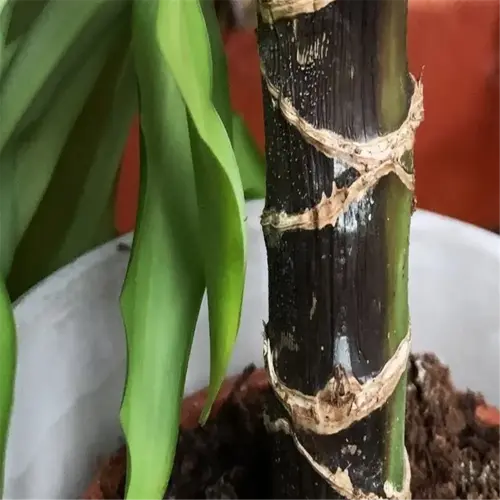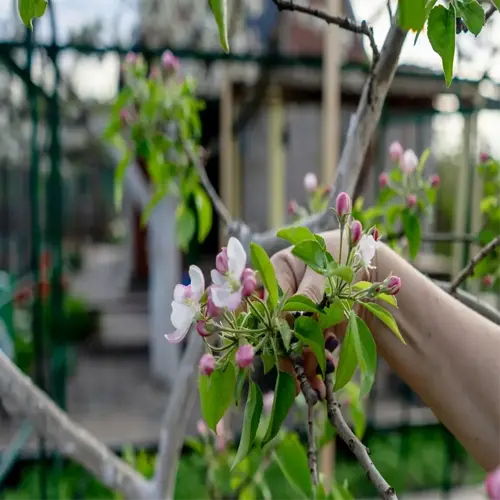How does shade affect vegetable yields?

Written by
Kiana Okafor
Reviewed by
Prof. Charles Hartman, Ph.D.Shade-tolerant vegetables such as lettuce, carrots, and spinach commonly have better yield in filtered light than full sun exposure. Although other vegetables like tomatoes and peppers have difficulty growing in shade, cool-season crops such as lettuce, carrots, and spinach remain more advantageous, having a larger leaf cover, less problem on the fruits, and later flowering. Smart gardeners take advantage of those attributes by extending the harvest.
Light Management
- Use white reflective mulch to scatter 15-20% more light
- Prune overhead branches to create dappled light patterns
- Rotate containers 90° daily for even sun exposure
Soil Adjustments
- Add 3 inches of compost to retain moisture
- Maintain pH 6.0-6.5 for nutrient uptake
- Apply balanced 5-5-5 fertilizer every 4 weeks
Crop Selection
- Prioritize leafy greens over fruiting plants
- Choose bolt-resistant spinach varieties
- Interplant carrots with shade-loving herbs
Due to transpiration stress in the heat, Lettuce develops thicker, juicier leaves in the shade. Growers have noted that lettuce grown under 30% shade cloth can result in a 20% larger head size when compared to heads grown in full sun. Lettuce will continue to be crispy in the morning while the leaves are freshly harvested. Store the harvested lettuce leaves in a perforated bag for maximum shelf life with 10 days of storage of freshness.
Carrots grown in shaded soil exhibit a reduction of 15% in the amount of split roots caused by temperature fluctuations. The cooler environment of the earth leads to consistent growth, and as a result, the carrots produce straighter taproots. You can inter-plant chives to prevent carrot flies from admiring their smell. Chives will grow to similar light conditions as the carrots.
Spinach that is cultivated in the shade will bolt 30% slower which will result in a 3 - 4 week longer harvest. After harvesting, use succession planting (every 14 days or so) for continuous yield. Plants grown in the shade will have about 25% less oxalic acid, making the leaves sweeter and more suitable for raw salads and smoothies.
Read the full article: 10 Shade Tolerant Vegetables for Your Garden

